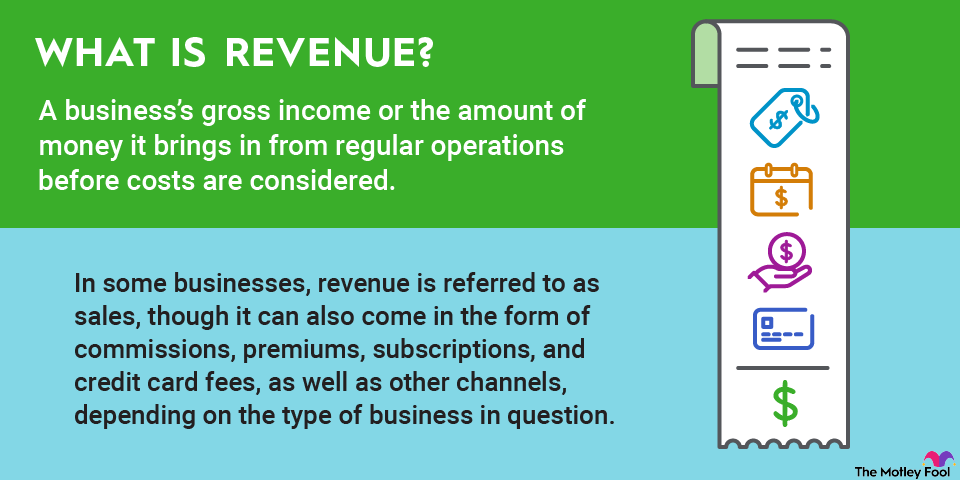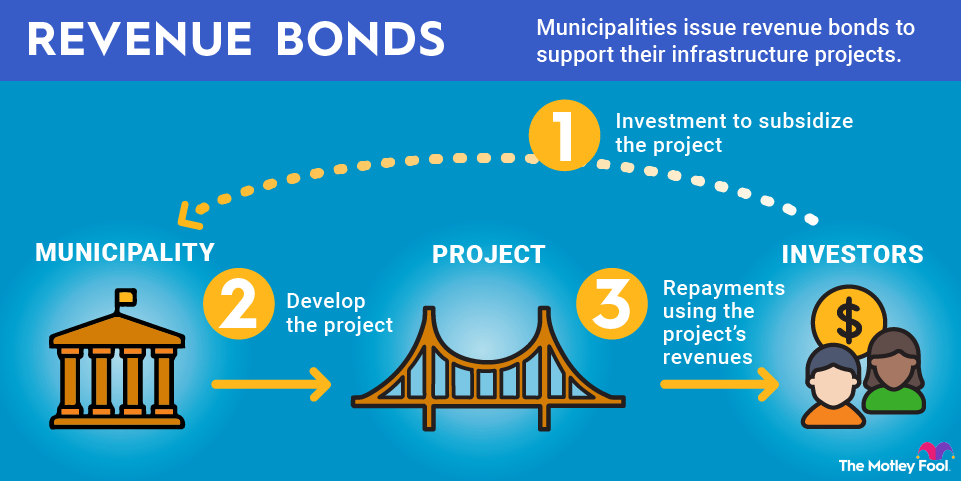Remittance refers to an amount of money sent to another party. Usually, the term refers to cash transfers that migrant workers send to family members in their country of origin. In some parts of the world, remittances account for a substantial percentage of gross domestic product (GDP). Read on to learn about remittances and their economic impact.

What is remittance?
Remittance is a transfer of money that's usually made by a migrant to family members in their home country. The United Nations estimates that about 15% of the average migrant's earnings go toward remittances.
However, for those on the receiving end of these transfers, remittances are often a major source of household income. About 75% of remittances are used for basic needs, like food, school fees, and medical expenses.
The economic impact of remittances
Remittances can be a lifeline to people in impoverished nations, alleviating poverty for many recipients. Payments sent by migrants also tend to be stable, even during times of crisis. For example, remittances held steady even during the peak of the COVID-19 pandemic, surprising many economists.
However, remittances can also have some downsides. They're sometimes blamed for putting inflationary pressures on the local economy, making it difficult for people who don't have family members sending money home to afford basic expenses. When the population depends heavily on remittances, it can result in labor shortages and a "brain drain" as workers leave their home countries to better support loved ones.
Which countries depend most on remittances?
As of 2023, the top five recipient countries of remittances were:
- India ($120 billion)
- Mexico ($66 billion)
- China ($50 billion)
- Philippines ($39 billion)
- Pakistan ($27 billion)
However, the countries where remittances represent a large share of GDP tend to be smaller economies. In 2023, the top five countries where remittances accounted for the largest share of GDP were:
- Tonga (41%)
- Tajikistan (39%)
- Lebanon (31%)
- Samoa (28%)
- Nicaragua (27%)
Related investing topics
The high cost of remittances
One challenge associated with remittances is the high cost of sending them. According to the World Bank data from the first quarter of 2024, a migrant transferring $200 would pay 6.35% in transaction costs on average globally.
There are several reasons for these high costs, including:
- A lack of transparency makes it difficult for those spending money to compare prices, which reduces competition.
- Many countries have undeveloped financial infrastructures and limited banking access.
- Some migrants may have difficulty obtaining the identification documents required by mainstream financial institutions in their host country to initiate transfers.
- Regulatory obstacles aimed at combatting terrorism and money laundering create additional hurdles.
The United Nations has set a goal of lowering these costs to 3% by 2030. Many researchers who study remittances believe the fintech industry and cryptocurrency could improve the costs and speed associated with these transfers.



















